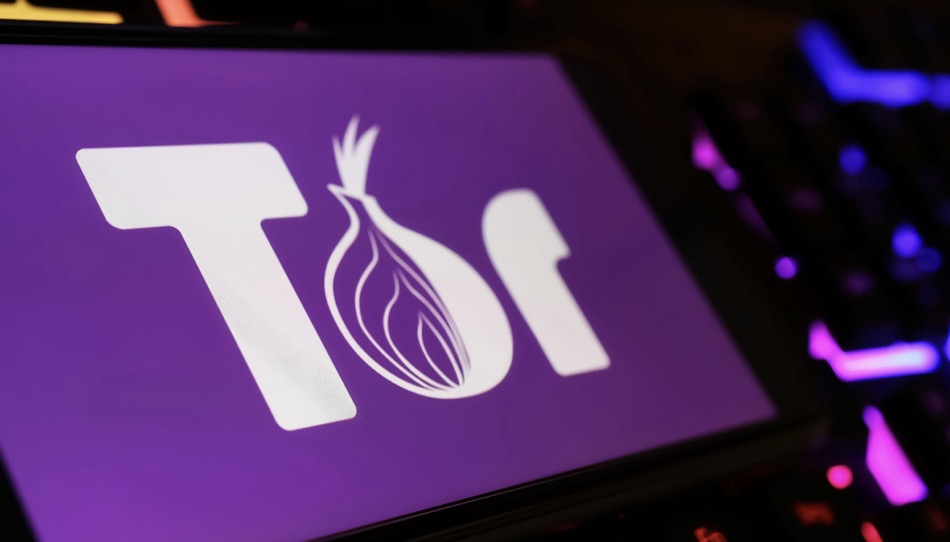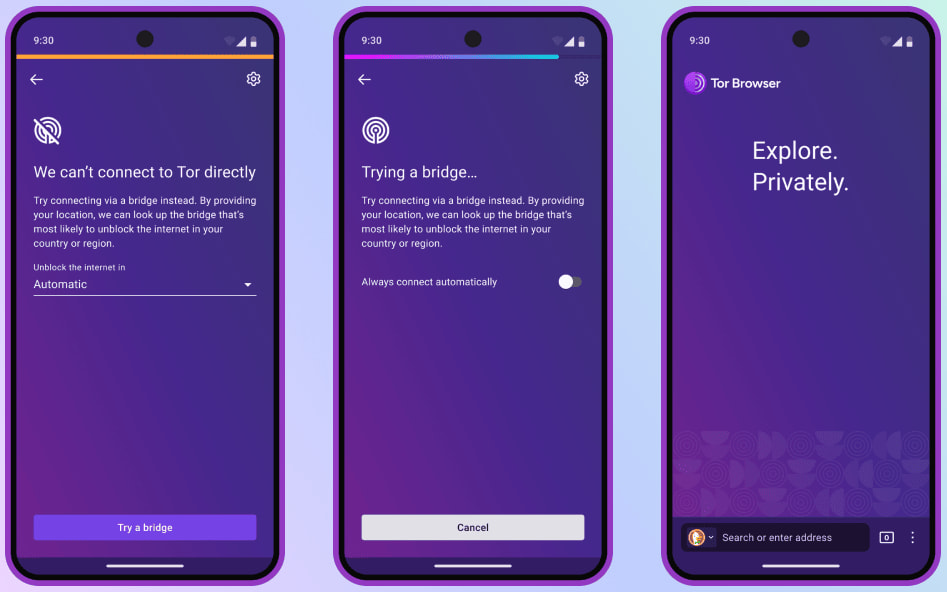
The Tor Project has released version 14.5 of its privacy-focused browser, introducing the long-awaited Connection Assist feature to Android.
This update significantly enhances the usability of Tor in regions where the network is actively blocked, alongside improvements in localization and overall stability across platforms.
Tor Browser is the flagship tool developed by The Tor Project, a nonprofit organization focused on providing anonymity and circumventing internet censorship. By routing web traffic through a volunteer-run network of encrypted nodes, Tor allows users to browse the internet privately and access content blocked in their region. Its mobile version is especially critical in authoritarian environments where desktop access may be limited or monitored.
The core highlight of the latest release is the arrival of Connection Assist on Android, a feature that simplifies the process of connecting to the Tor network when direct access is restricted. First introduced in Tor Browser 11.5 for desktop platforms, Connection Assist automatically detects connection failures and dynamically selects suitable bridges — obfuscated entry points that circumvent censorship — without requiring user intervention.

Tor Project
According to the Tor Project, the Android implementation required a substantial multi-year effort to refactor the Tor integration across platforms. This backend overhaul eliminated large amounts of legacy and duplicated code, paving the way for a more unified, leaner architecture across desktop and mobile versions. As a result, Android users will not only benefit from the new bridge-automating feature but also from a more stable and less error-prone browsing experience.
While Tor Browser 13.5 for Android introduced a redesigned connection interface and backend improvements in preparation for Connection Assist, the feature itself was not yet available on mobile. Those earlier changes — including access to full settings before connecting and a new location for Tor logs — laid the groundwork for today’s milestone in version 14.5, which officially brings Connection Assist to Android for the first time, enabling users in censored regions to automatically discover and use bridges when direct connections to the Tor network fail.
Version 14.5 also brings a notable expansion in language support, with Belarusian, Bulgarian, and Portuguese (Portugal) now available across all platforms. These additions are the result of an ongoing collaboration with the Localization Lab and global volunteer translators, aiming to make Tor accessible to a broader international audience. Language settings can now be easily adjusted within the browser’s preferences menu, both on desktop and Android.
The release includes a number of smaller, under-the-hood improvements that collectively enhance user experience:
- Tor logs on desktop now stream live for easier debugging, eliminating the need to reopen the log dialog.
- Android now properly terminates background processes when quitting via the menu and reinstates automatic exit behavior when backing out of the app.
- Silent failures when applying bridge settings have been replaced with visible warnings on desktop, making troubleshooting easier.
- Connection Assist has seen further logic refinements and now makes fewer diagnostic calls over moat, a temporary, non-Tor connection used for initial bridge discovery.
These refinements may not be headline features, but they contribute to a more reliable and responsive Tor Browser — especially for users in high-risk regions who rely on it daily for secure access to information.







Leave a Reply